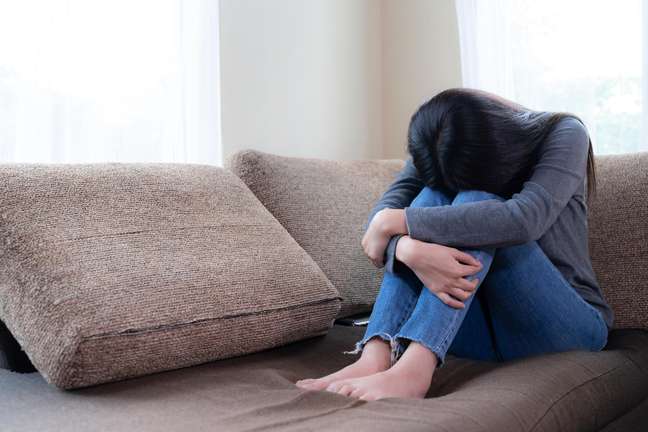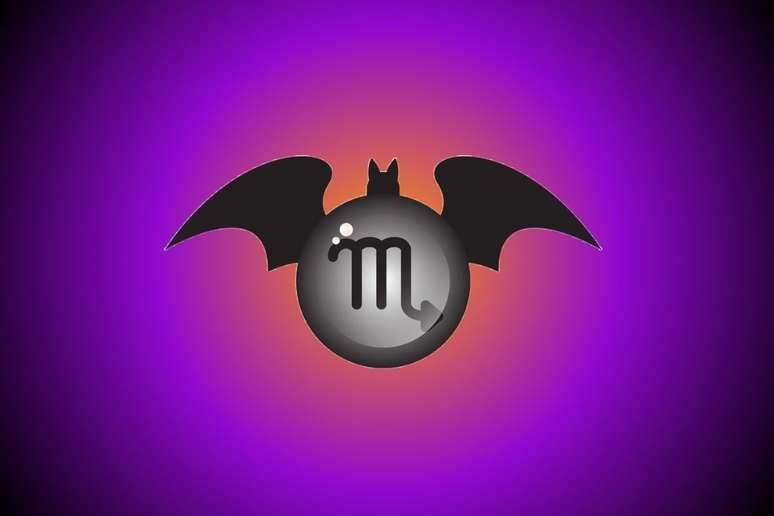Expert comments on a UK study that saw no evidence between the disease and patients’ serotonin levels. Medicines, he reflects, are a watershed in the industry

The demonization of antidepressant drugs can lead to worsening mental health care, warns the psychiatrist José Gallucci NetoDirector of Electroconvulsive Therapy (ECT) Service at the USP School of Medicine Institute of Psychiatry.
A British study published in the scientific journal Molecular Psychiatry he said there is no “convincing” evidence that depression is associated with low concentrations or activity of serotonin, the axis on which some drugs try to act.
He points out that the study highlights only the limitations of the chemical imbalance theory – something already widespread in the area – as well as opening the door to research on the relationship of other neurotransmitters and also to the long-term investigation into the efficacy of antidepressant drugs.
“Never stop taking your antidepressant without your psychiatrist’s guidance,” he guides. The origin of the depression, explains the professional, has not yet been discovered, but it is probably multifactorial and complex.
Do you think the review is relevant? Does it open new doors in the field of psychiatry?
It’s an important study, because it corroborates the perception of many psychiatrists who understand that this monoamine theory, which includes not just serotonin, but norepinephrine and dopamine, has always been insufficient to explain depression.
It is not an innovative study. It confirms something we already knew: there is no correlation between serotonin levels and being depressed or not. How did we already know? Because when we prescribe antidepressants, we do not measure serotonin in advance, the sieve to indicate or not is based on the clinical diagnosis.
We also know that when treating depressed patients, 30% do not respond to antidepressants. This was already an element that made us strongly suspect that this mechanism did not explain all cases.
Although the biological marker for depression is sought after in scientific research, this marker does not yet exist. This does not mean that we will not find that mental illness does not have a biological basis, it means that mental illness probably has a multifactorial and complex origin. Seeing the lack of serotonin as a cause of depression is a reductionism.
In what context and why did serotonin and this theory end up in the spotlight when it comes to depression?
The first drugs that, through observation, were shown to have an antidepressant effect were drugs that bind to the serotonin, noradrenaline and dopamine receptors. And many patients have improved (with these early drugs), so it’s also pointless to demonize the biochemical imbalance theory simply because serotonin hasn’t established a cause and effect correlation.
One of the study’s suggestions is that professionals no longer inform patients that depression is a condition related to low serotonin concentrations. What do you think?
This information should never have been given because it is a misleading simplification. I have never informed a patient of mine that his depression was caused by low serotonin levels. Although I know a lot of people do. The correct information is that we don’t know the origin of depression and we have some theories, including this one, but they probably don’t explain all or all of the cases.
Researchers are calling for further studies on antidepressant drugs. What does it mean? Should We Stop Prescribing Antidepressants?
There is no way. We need to know better the mechanism of action of antidepressants, this depends on investments in research. We need long-term studies to mainly evaluate the effectiveness of antidepressants, because in medicine we usually only have short-term studies.
The introduction of antidepressants and psychotropic drugs in the treatment of mental illness represents a watershed in the mental health of the population. We have only managed to deinstitutionalize severe cases and close asylums in psychiatric reform due to antidepressants and electroconvulsive therapy. If we start demonizing antidepressants, we will have a worsening of mental health care and Brazil has an absurd growth in the number of suicides over the past two decades.
The study sheds light on the influence of external factors on depression. Could you talk a little bit about it?
We know that depression is multifactorial and adverse, external and traumatic events, especially in early and middle childhood and adolescence, confer vulnerability to mental disorders. Sexual abuse, physical abuse, domestic violence, school bullying are some examples.
During the pandemic we have seen an expansion in the sales of antidepressants and mood stabilizers, do you think this is related to these external factors? Has the pandemic generated more stress?
I am a constructive critic of this view that the pandemic made mental disorders worse, because the studies that showed it got worse are studies that used scales that measure symptoms. And measuring the symptom is different from measuring the mental disorder. Everyone has been stressed in the pandemic, regardless of blockade and isolation.
People’s mental health got worse because they became more stressed, worried, once there were people dying left and right. I think there has been a worsening of mental disorders in specific populations: women, non-white and low-income populations.
I think there has been an increase in drug sales because we prioritized drug symptoms rather than diagnoses. We live in a fairly or reasonably hedonistic moment of society based on “I need to be happy”, “I need to seek pleasure at any cost”. Medicalizing distress is a mistake, because antidepressants have a low effect size for depressive symptoms that do not constitute a depressive disorder. Today, patients tolerate very little suffering.
We see not only sales increase, but diagnoses as well. Do we live in a more “depressive” society or do we have more access to mental health?
One thing does not exclude the other. Especially in large urban centers, due to external factors such as lifestyle, work overload, stress overload, poor tolerance to suffering, we have a society more prone to feel depressed. And we also have – even though the stigma of mental illness is high – it’s a lot less stigma than 10, 30 years ago, so people today are looking for more help and obviously getting more diagnoses.
Source: Terra
Benjamin Smith is a fashion journalist and author at Gossipify, known for his coverage of the latest fashion trends and industry insights. He writes about clothing, shoes, accessories, and runway shows, providing in-depth analysis and unique perspectives. He’s respected for his ability to spot emerging designers and trends, and for providing practical fashion advice to readers.







